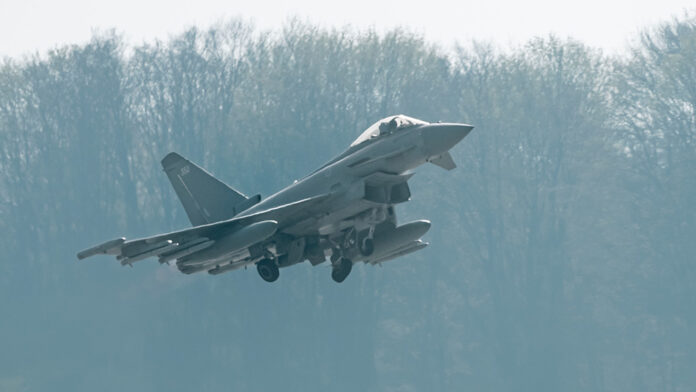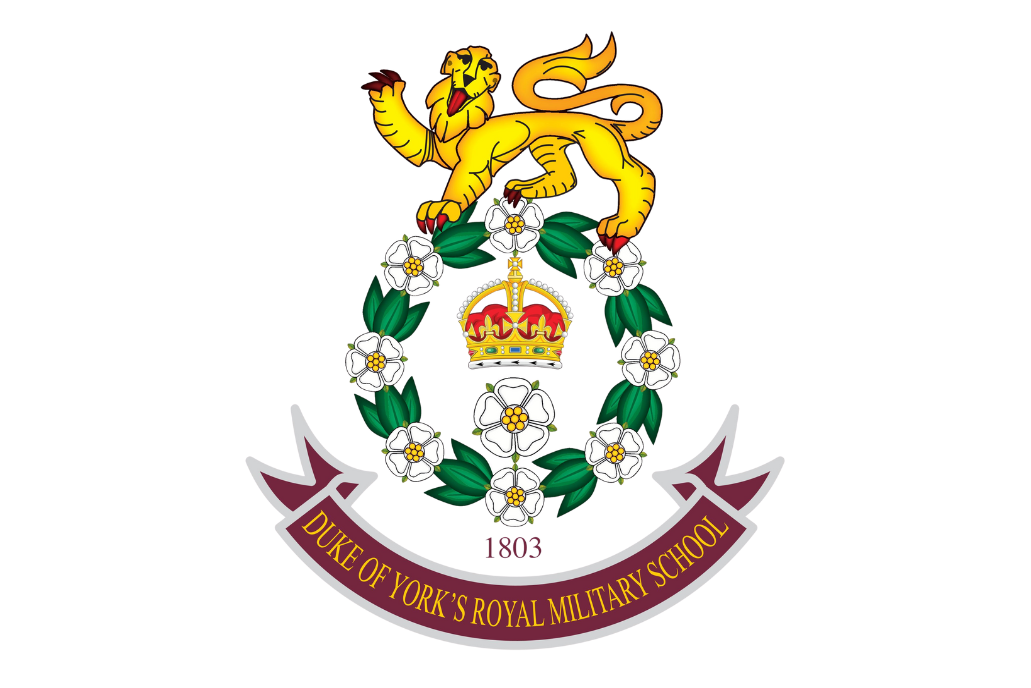RAF Typhoons have intercepted a Russian spy aircraft flying near NATO airspace, in a dramatic show of the UK’s commitment to European defence amid ongoing tensions with Moscow.
The RAF confirmed that two Typhoon FGR4 jets were scrambled from Malbork Air Base in Poland to intercept a Russian Ilyushin Il-20M surveillance aircraft – known to NATO by its codename ‘Coot-A’ – as it approached Polish airspace without filing a flight plan or communicating with civilian air traffic control.
The Typhoons, from No II Squadron under 140 Expeditionary Air Wing (EAW), took over the escort from three other pairs of NATO aircraft already shadowing the Il-20M earlier in its flight.
Upon interception by the RAF, the Russian aircraft altered course, turning northwest over the Baltic Sea, where it remained in international airspace, north of Poland. The escort was then handed over to the Danish Quick Reaction Alert force.
“I was scrambled to intercept the Coot-A aircraft approaching NATO airspace,” said an unnamed RAF spokesperson from the EAW.
“It had not filed a flight plan, wasn’t squawking, and failed to communicate with civilian ATC. We escorted it in full accordance with international law.”
The RAF’s interception was conducted as part of Operation Chessman, NATO’s enhanced air policing mission on its eastern flank. The aim is to deter aggression and ensure the safety of all airspace users in the region.
The Ilyushin Il-20M is a long-range reconnaissance aircraft used for electronic surveillance and intelligence-gathering, commonly deployed by Russia in contested or sensitive areas.
While the aircraft did not enter NATO airspace, its proximity and lack of communication triggered the routine defensive response.
RAF Typhoons have intercepted Russian aircraft on several occasions, including twice last month, as tensions remain high following Russia’s invasion of Ukraine and ongoing military operations near NATO borders.
“NATO remains vigilant and ready to safeguard Allied airspace 24/7,” the RAF added.
“This is a clear demonstration of the UK’s ongoing commitment to collective defence.”
















